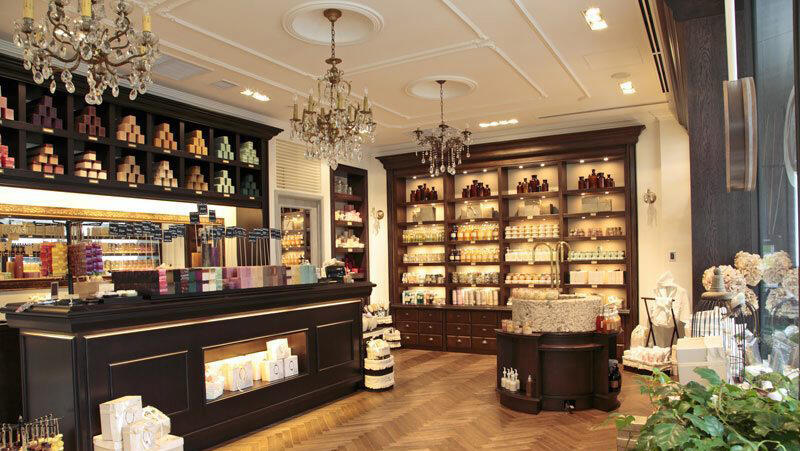
Yves Rocher-owned Sabon to shutter Israel operations, lay off 270 workers
Soap and cosmetics brand to centralize production in France; Israeli flagship stores also up for sale.
Sabon, owned by French cosmetics giant Yves Rocher, is closing its manufacturing plant and global logistics headquarters in Kiryat Gat. The company announced that it is in advanced negotiations to sell the plant and has signed a non-binding letter of intent with a potential buyer. If Sabon fails to sell the plant, it will close in June 2026.
At the same time, the 22 stores the company operates in leading malls across Israel will also be sold. Sabon said it is trying to sell its retail operations and that, under the proposed plan, the buyer would become the exclusive distributor of its soap products in Israel. However, Sabon noted that “at this stage it is too early to determine whether the negotiations will lead to a final agreement.”
Beginning in early 2026, Sabon will gradually shut down its global headquarters in Israel, completing the closure by June 2026. Its logistics center is expected to shut down as soon as this October due to the sale of production operations and the termination of the lease on the facility.
In total, Sabon Israel employs about 270 people. The global headquarters employs 60 people, all of whom will be laid off. The factory employs 104 people who will be laid off if the plant is not sold, although workers hope that a new buyer will keep at least some of them on. Sixteen employees at the logistics center will be laid off in October. About 90 employees work at Sabon stores and will continue working if the retail operations remain under Sabon; however, if the retail business is sold to an exclusive distributor, those employees will be laid off and their future will depend on the new owner.
Sabon said it “will do everything possible to ensure the continued employment of factory and store workers through potential buyers. This sensitive issue will be addressed in an open dialogue with the workers’ committee, and the company will provide employees with the maximum possible support.” The future of store employees depends on the sale and the intentions of the buyer.
Sabon has two production centers, one in Israel and one in France, with each site specializing in different processes. The company said this structure created costly duplication and operational challenges. “In light of this, it was decided to centralize all production activities in France, which also led to changes in the company’s other areas of activity in Israel.”
Sabon was founded in 1997 by Sigal Kotler-Levy and Avi Piatok, who started out with a handmade soap shop on Shenkin Street in Tel Aviv, selling soaps by weight. Over the years, Sabon grew into an international brand. In 2020, Sabon filed for bankruptcy in the U.S., closed underperforming stores, and focused on online sales, including through Amazon. According to the company, it now operates 180 stores in 14 countries and employs about 1,000 people worldwide.
Sabon’s founders sold about two-thirds of the company to Yves Rocher in 2016 for €120 million and stayed on to oversee product development. However, they clashed with Yves Rocher’s management, and the relationship deteriorated. Although the original sales agreement required Piatok and Kotler-Levy to remain until 2020, they exited early and sold their remaining 33% stake for $40 million in 2018.
Speaking with Calcalist after news broke of the planned closures, Piatok said: “Sigal and I left the company in 2018. We wished them well when we saw there were misunderstandings between us. The move they’re making now is out of my hands. As an Israeli, I was very proud of the factory we built in Israel, and it pains me to see it close, but apparently this is their economic decision.”
It should be noted that Yves Rocher operates in Israel through a franchise granted to Castro, which markets Yves Rocher’s botanical cosmetics brand. The Yves Rocher brand has sales stands and stores in malls and competes directly with Sabon, which has been shrinking since the sale and has received little marketing support. When Sabon was sold to Yves Rocher, it operated 43 branches in Israel, it now has only 22. Sabon was one of the first companies in its category; today, it trails behind competitors like Laline, which now leads the sector and is owned by the Fox Group.
The National Federation of Labor stated: “The National Federation of Labor is the recognized labor organization in the company and will continue to represent employees to protect their rights. We will not allow any unilateral changes without fully securing workers’ rights and holding good-faith negotiations to ensure that the company’s dedicated employees receive the maximum rights they deserve. If necessary, we will not hesitate to take legal action to protect workers in the branches and at the factory.”














